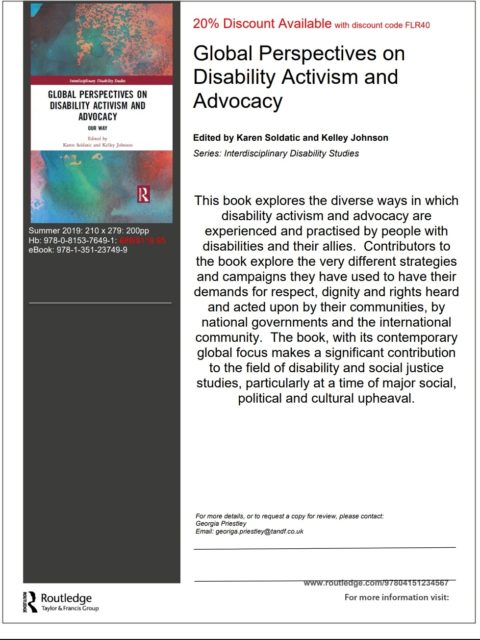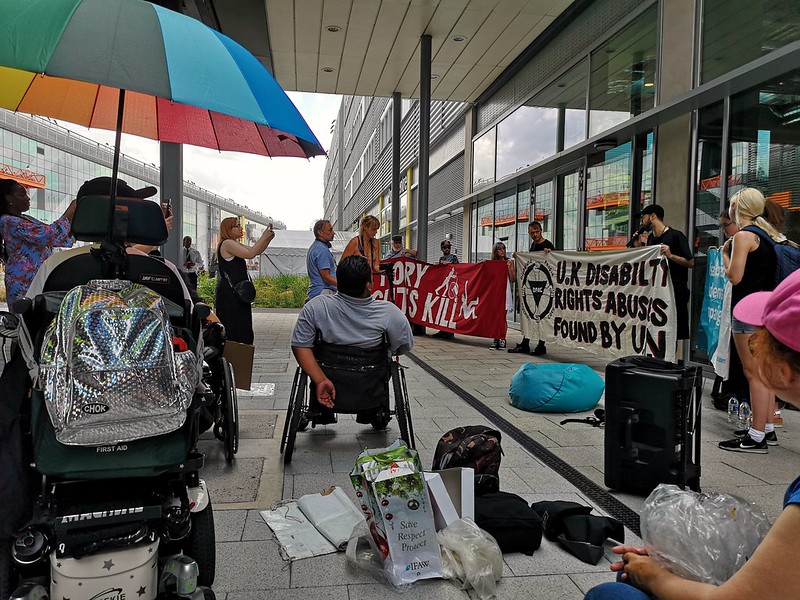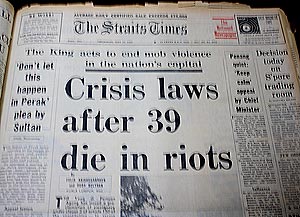Last week I went searching for something I know I had posted online – one of my mum’s recipes but I could not find it. However I dug up a whole load of other blogs which I started and ‘abandoned’ – like 10 years ago. So I ‘m going to copy them here so that they do not get lost! Its not like any of them were very long.
Starting with The Maverick Monkey
Maverick
Pronunciation: /ˈmav(ə)rɪk/
noun
- 1an unorthodox or independent-minded person: he’s the maverick of the senate
- 2North American an unbranded calf or yearling.
– from the Oxford dictionary
I like the idea of being “unbranded” although not sure about the calf bit. It’s appropriate given that I want to write here what I can’t fit in elsewhere. We all have different identities and labels – disabled, woman, BME, are some of the labels I sometimes carry.

And ‘monkey’ because when I was a child staying with my grandparents I spent a lot of my time listening to a series of stories on the Monkey King Sun Wu Kong 孫悟空 on their redifusion because I couldn’t run out to play. I wanted so much to identify with him and his magical powers.
When I grew up I found out that Monkey King or Journey to the West is an “allegorical novel which is rich with Chinese fairy tales, popular beliefs, monster stories, legends, superstitions and many features of Taoist and Buddhist religions.” It didn’t matter I am so steeped in it that I am still enchanted and willing to suspend belief that his needle of a bar can grow to any size and that he can leap several miles into the air and travel across oceans. But it added another dimension to the fact that he dared to cause havoc in heavan against bureaucracy and injustice.
In short, I would like to use this blog to rant, rave and ramble in a personal capacity where I can’t slot in elsewhere.
Dec 21, 2013
Interview Failing….

I had a phone interview yesterday and they came back today and said I didn’t get it. I was not overly surprised because I knew I did a bad interview – here was the feedback
“The candidate has a strong track record in campaigning and working to eradicate barriers for disabled people. Unfortunately she did not have the specific experience needed for this specialised role. The candidate did not demonstrate significant experience of managing digital projects, although she did evidence her role in supporting the management and tender of digital projects. The examples given were of managing digital content within wider platforms – not the management of the platforms themselves.”
The rub was that I did have the experience but I didnt recall it during the interview since it was quite a few years when I was in charge of a database – it had completely escape my memory in those few crucial minutes.
I suppose if I had my application in front of me, I might have provided the evidence. I did write it in my cv. But maybe it was not meant to be.
One question that did come up in thought :
as a self employed person whose work is mostly web/text based, does that imply that effectiveness on a face to face (or by telephone) level is lessened or communication less persuasive than that which is facilitated by a keyboard?
It’s not a question of spoken skills with people but on a work level, I ‘m much better with a written text. I wonder if other people face the same problem. Emails are often composed in solitude, communication in meetings are focused differently.
Some people practise their interviews before undertaking one – are there such services/resource? So that thoughts and self marketing skills can be let loose before the all important event itself?
Dec 21, 2013
Not discriminatory..

We recruit through fair and open competition – ensuring that all disabled applicants receive a guaranteed interview if they meet the minimum criteria for any advertised post. We also consult with applicants before interview and make any reasonable adjustments for the interview/selection process.
This recruitmant position is regarded as helpful/concessionary to disabled job seekers. Some disabled people have disagreed and regarded it as a way of ensuring against discrimination charges. Those with impairments which are none too evident view it with distrust as a tickbox exercise and do not declare disability. Those with an obvious impairment are left with no choice, they have to declare but unless they are very confident people, they are always left with doubts.
Did they fail because the interview was a tick box exercise?
The whole premise of being shortlisted in a competitive process can be undermined by that. Is there a solution to this?
Dec 22 2013








